Master of Arts in Peace and Conflict Studies

学历文凭
Masters Degree

专业院系
Department of Peace and Conflict Studies

开学时间

课程时长

课程学费

国际学生入学条件
Applicants must have an undergraduate GPA of 3.00
English Language Proficiency: TOEFL: internet based - 79, or paper based - 550. A score of at least 6.5 is required on the IELTS.
IDP—雅思考试联合主办方

雅思考试总分
6.5
- 雅思总分:6.5
- 托福网考总分:79
- 托福笔试总分:550
- 其他语言考试:PTE Academic - 67.
CRICOS代码:
申请截止日期: 请与IDP联系 以获取详细信息。
课程简介
相关申请
 预科
预科 奖学金
奖学金 实习机会
实习机会 在校学习
在校学习 跨境学习
跨境学习 校园授课-线上开始
校园授课-线上开始 在线/远程学习
在线/远程学习
开学时间&学费
学费信息仅供参考,请与IDP联系以获取详细信息
| 开学时间 | 时长 | 学费 | 地点 |
|---|
学校排名

世界排名601
数据源:
泰晤士高等教育世界大学排名
本校相关课程

会计理学硕士
学历文凭
Masters Degree
开学日期
课程费用总额

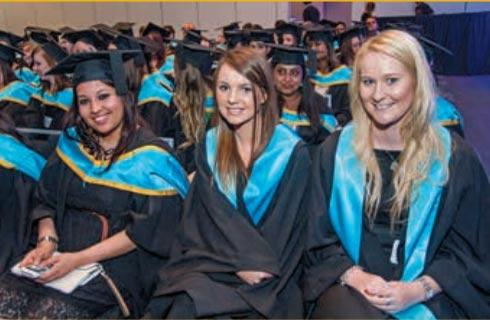
Doctor of Philosophy in Special Education
学历文凭
Ph.D.
开学日期
课程费用总额

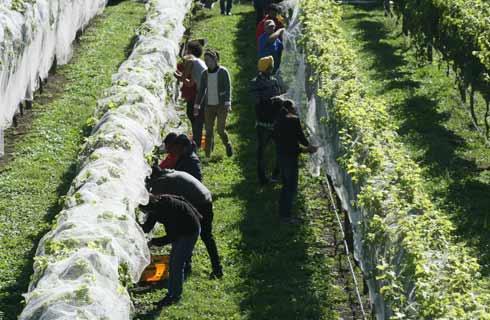
Master of Education in Special Education
学历文凭
Masters Degree
开学日期
课程费用总额


Master of Arts in Sociology
学历文凭
Masters Degree
开学日期
课程费用总额

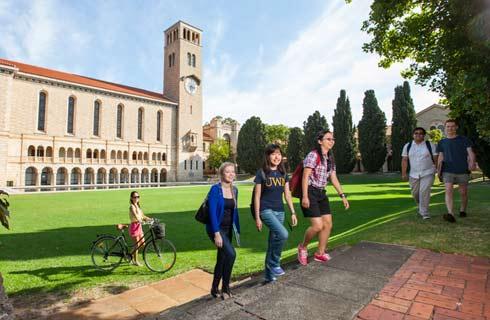
Doctor of Philosophy in Community Health Education
学历文凭
Ph.D.
开学日期
课程费用总额

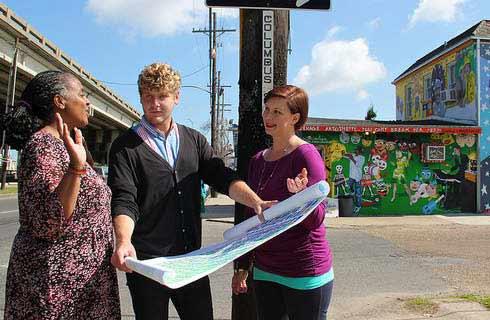
Doctor of Philosophy in Clinical Psychology
学历文凭
Ph.D.
开学日期
课程费用总额

其他相关课程

和平与冲突研究哲学博士
 曼尼托巴大学
曼尼托巴大学学历文凭
Ph.D.
开学日期
课程费用总额

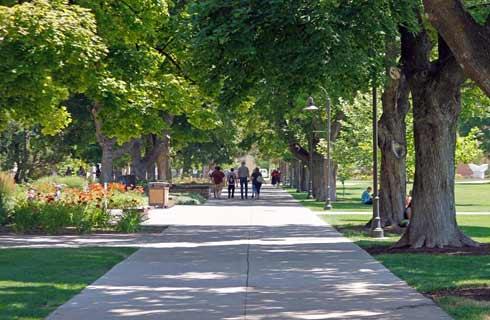
和平与冲突研究文学副学士
 兰加拉学院
兰加拉学院学历文凭
Bachelor Degree
开学日期
课程费用总额

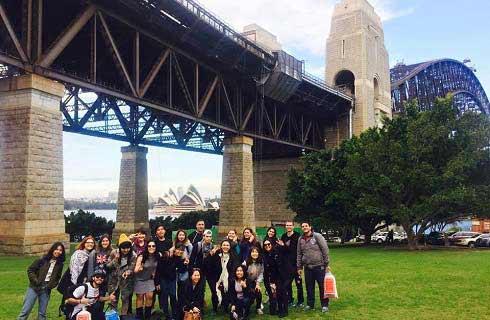
艺术与理科文凭-和平与冲突研究
 兰加拉学院
兰加拉学院学历文凭
Bachelor Degree
开学日期
课程费用总额


和平研究文学士和另一科目(联合荣誉)
 麦克马斯特大学
麦克马斯特大学学历文凭
Bachelor Degree with Honours
开学日期
课程费用总额

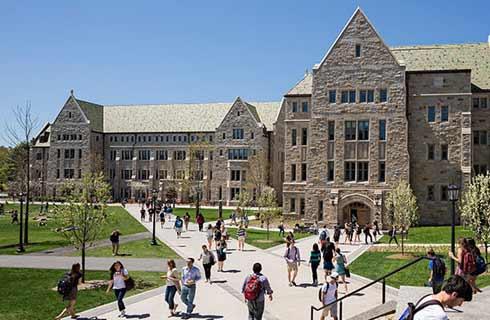
门诺派研究证书
 菲莎河谷大学
菲莎河谷大学学历文凭
Bachelor Degree
开学日期
课程费用总额

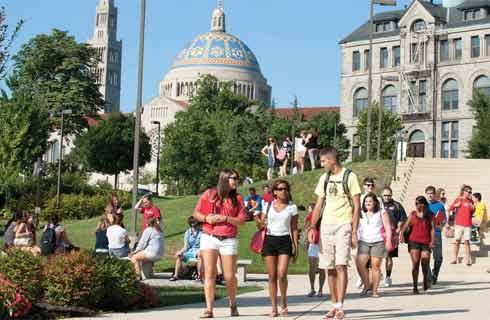
跨学科研究应用科学学士-国际冲突与人权(荣誉)
 湖首大学
湖首大学泰晤士高等教育世界大学排名:1080
学历文凭
Bachelor Degree with Honours
开学日期
课程费用总额










 美国
美国
